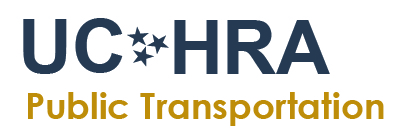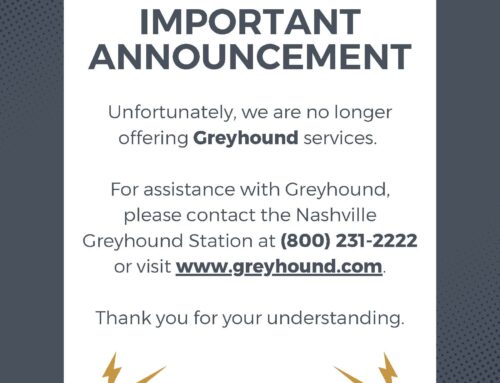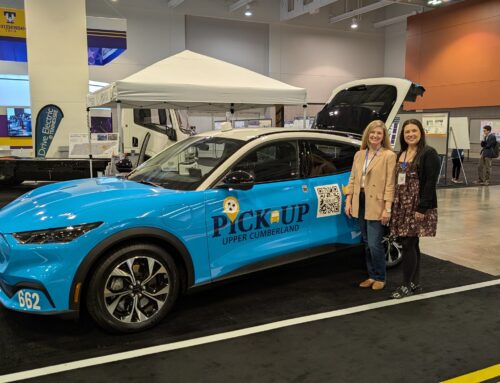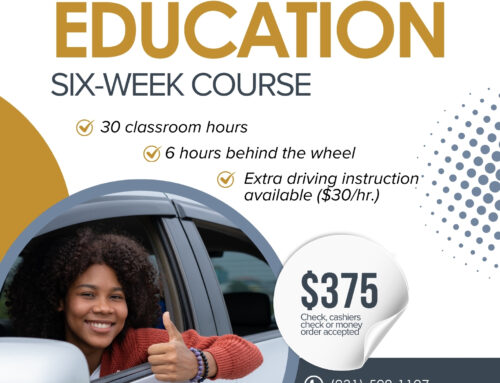 Ride to Recovery, one of the latest services to be offered by UCHRA Public Transportation, aims to help those who are in early recovery succeed by providing free transportation to desired recovery support services; treatment, meetings, mental health or probation appointments, and other recovery-related activities.
Ride to Recovery, one of the latest services to be offered by UCHRA Public Transportation, aims to help those who are in early recovery succeed by providing free transportation to desired recovery support services; treatment, meetings, mental health or probation appointments, and other recovery-related activities.
Ryan Henry, Mobility Manager, has announced a new fundraising campaign aimed at helping provide rides to those enrolled in Ride to Recovery. Through the end of the 2022 calendar year, gifts can be made by visiting the Donate tab of the agency’s public transportation website or by clicking here to be taken directly to the portal. Contributors can choose to give $6, $12, or $24 with an option to enter another amount of their choosing.
Rural communities face greater transportation barriers than urban communities, including fewer public transportation options, which can make finding transportation services a difficult process. Due to shortages of behavioral health providers and facilities in rural areas, patients often travel great distances, often to neighboring counties, to access services. A Yale School of Medicine study found that individuals residing in rural counties experience longer transportation time to opioid treatment programs than residents in urban counties.
Travel time to substance use disorder (SUD) treatment may have serious implications for treatment and recovery. Research shows that shorter travel distances are associated with longer stays in treatment programs and greater completion rates. Additionally, people who need to seek care may not have a driver’s license or may not be able to transport themselves to treatment. Transportation services may help support rural SUD treatment programs. Ride to Recovery aims to help those who are in early recovery succeed by providing free transportation to the desired recovery support services. Free transportation to treatment, recovery groups, mental health or probation appointments, and other recovery-related activities.




